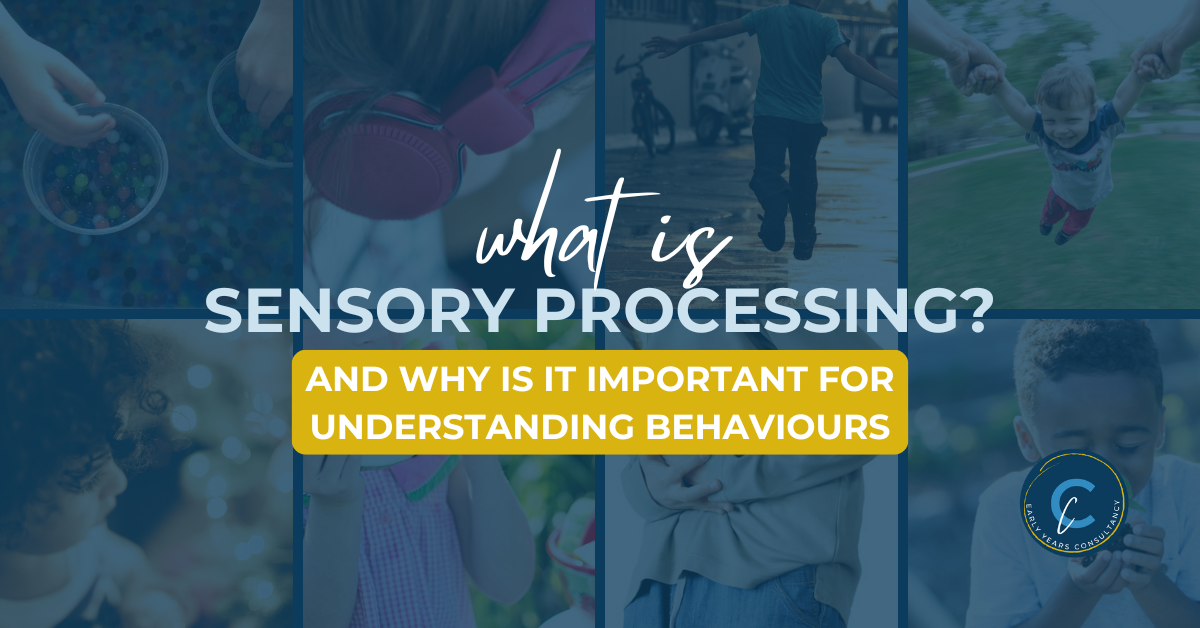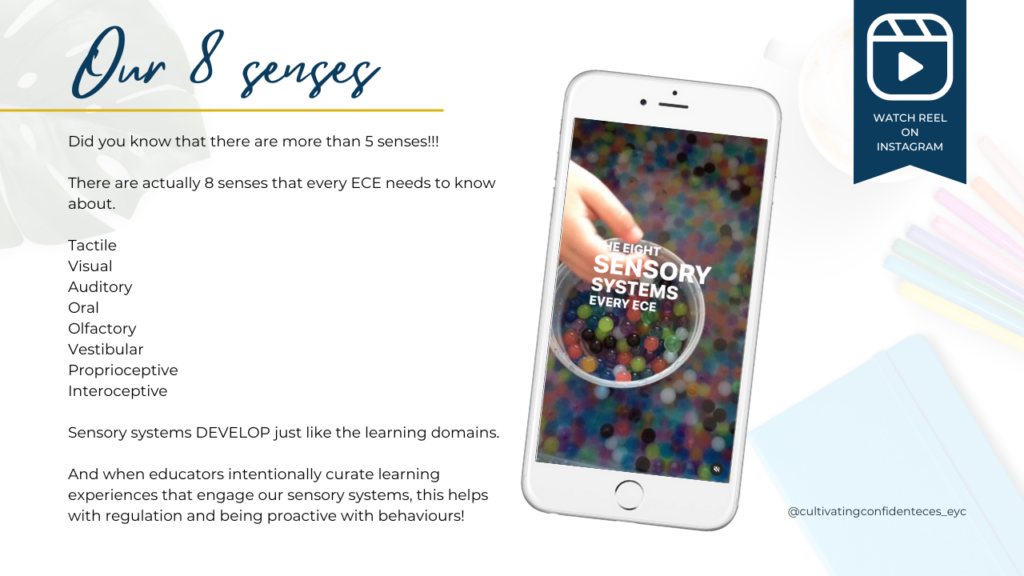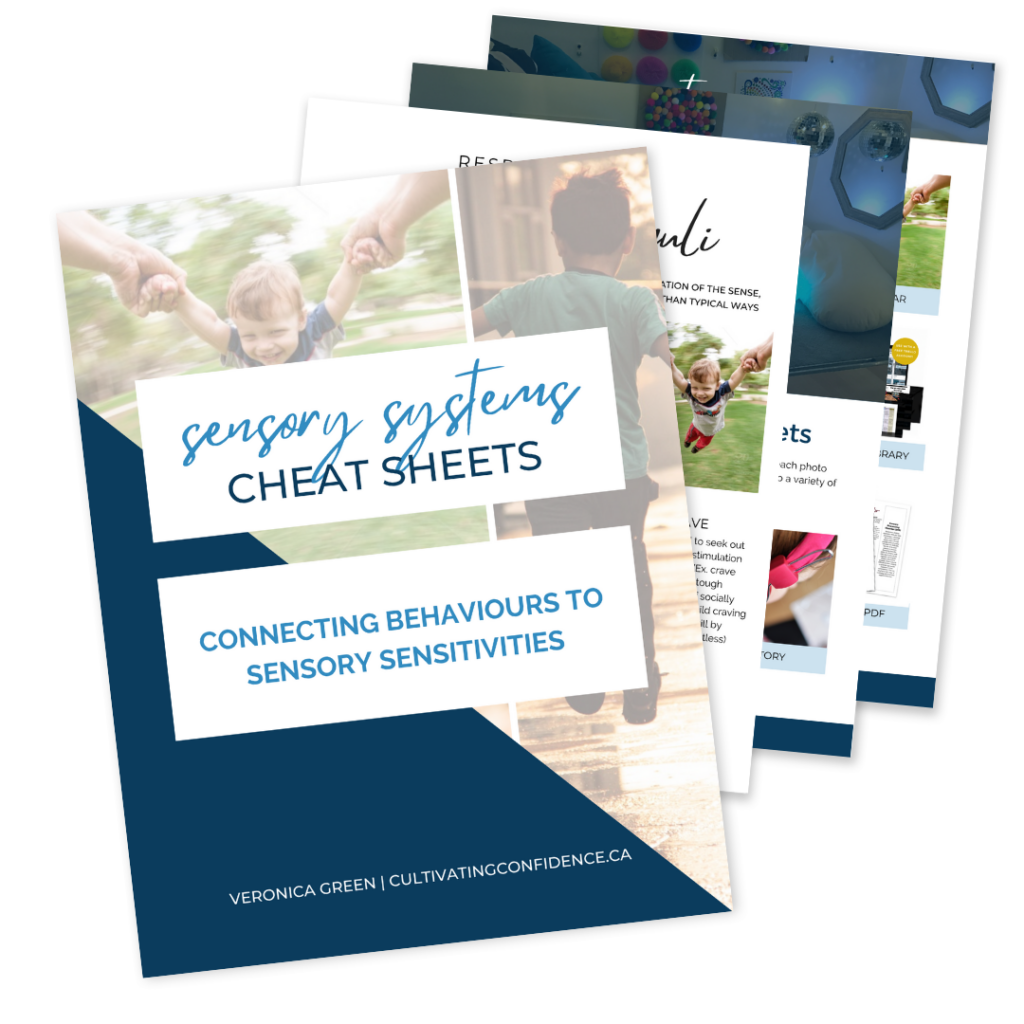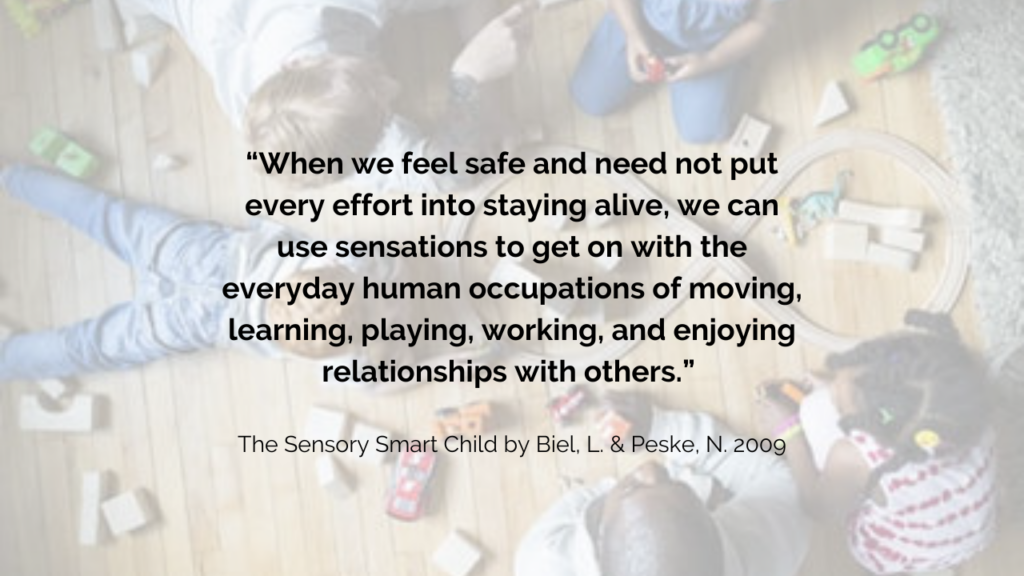CLOSE
inspiring you is my passion
REGGIO INSPIRED PRACTICE GUIDE
CONTACT VERONICA
LOOSE PARTS PLAY GUIDE
FREE RESOURCES
PROFESSIONAL TRAINING
FOR ECE'S
FOR TEAMS
from my perspective
this way to the blog!
TOOLKIT
Documentation
Templates
WORKSHOPS
CUSTOM TEAM BUNDLE
FREE TRAINING - POSSIBILITIES OF LOOSE PARTS
shop
CLOSE
inspiring you is my passion
EDUCATOR LIBRARY
CONTACT VERONICA
FREE LOOSE PARTS GUIDE
RESOURCES
PROFESSIONAL TRAINING
FOR ECE'S
FOR TEAMS
TOOLKIT
Documentation
Templates
WORKSHOPS
DIGITAL PD LIBRARY
LIVE WORKSHOPS
FULL DAY PD
FREE TRAINING - POSSIBILITIES OF LOOSE PARTS
New!!!
shop

inspiring & practical ideas
GET STARTED WITH
loose parts play
FREE DOWNLOAD
This guide is loaded with ideas, inventory lists, and resources to support you in conveying the learning that is happening while children play!
I only want creativity filling your inbox, so you'll see inspiration and support dropping in...but not too much!
We respect your privacy. Unsubscribe at any time.
What is sensory processing & why is it important for understanding behaviours?
Look, I know you’re not new to behaviours, but sometimes your everyday early years practice can be on auto-pilot and you can get stuck in using traditional behaviour management strategies that just don’t work.
Next thing you know, you’re left feeling helpless and frustrated not knowing what to do when a behaviour leaves you spinning…needing to step away and use every breath technique you’ve ever learned.
Don’t worry, that’s what this article and I are for.
I will explain an important missing link to understanding behaviours… sensory processing and it’s connections to behaviours and why you need to know all about it to succeed in supporting the children and making actual progress in regulation…aka finding more calm in everyone’s day.
What is sensory processing?
At its most basic, sensory processing is our bodies taking in stimulation through our senses, our brain having to decipher it (what it is), whether it recognizes it or doesn’t and then elicits a response.
Let’s add a little more depth to that— There are 8 senses in our body that constantly take in sensory stimulation and our brains have to decide whether to pay attention to it or ignore it and what action to take. This can be an emotional, cognitive or a behavioural action.

And finally, for those subject matter experts among you, sensory processing is a 4 stage process where we first become aware of stimulation and it is registered in our bodies, then in the orientation phase our brain decides whether to pay attention to it, then using prior information your brain interprets the stimulation which leads to the organization of a response to either avoid, ignore or seek more.
If you’re only at the first level of understanding, rest assured, you will quickly become comfortable with understanding sensory processing and connections to behaviours….cause I too was once a novice of this!
Do you want to learn more from me? Check out my free resource, Connecting Behaviours to Sensory Sensitivities.
Use the form below and it will be sent straight to your inbox!

Why Should You Care About Sensory Processing?
I’m all about you using strategies in your practice that align with your values as an early childhood educator, and I can’t make you care about sensory processing, but let me give you some compelling reasons to embed sensory processing as a lens to view behaviours through.
Sensory processing is important because:
- Reason #1: Every moment of everyday we all experience sensory stimulation, process that information and output a response. We tend to do this with ease, not even noticing it.
- Reason #2: Children’s sensory systems develop just as their language, social, physical, emotional and cognitive skills.
- Reason #3: None of those skills in the different learning domains can develop if their sensory systems are over or under stimulated..aka dys-regulated.
- Reason #4: Each day your ability to handle stimulation changes, therefore your response/behaviour/action will be different.
Important: It’s common for early childhood educators to think that engaging the senses only happens in the sensory bin, but this couldn’t be farther from the truth.
The truth is, everything we do engages our senses and children have to develop their senses. This is not a milestone, no end point. It is a continuous development throughout life. Our interactions, environments, routines, expectations can impact regulation.
Sensory Processing in Context
The daily grind of not knowing what to do with behaviours, directly impacts your early years practice. Your regulation, the ability to connect with all the children and to move away from overwhelm to finding a sense of calm. It is important to understand what exactly sensory processing is and why it’s essential.
Let’s look at a real-world example:
I have lived this. Our son, as many of you know has many sensory needs and we have made countless accommodations in our home and learning environments.
He was in constant flight or fight mode from all the incoming sensory stimuli and his body was not able to process it well, or it was too much sensory stimuli. This meant he expressed many challenging behaviours but the biggest impact was, he wasn’t learning and developing. He spent his whole day in distress because he didn’t feel safe in his own world.
This overstimulation & under-stimulation compounded each day impacting his ability to be happy, play and connect with the world.
Impacts of learning about sensory processing and connections to behaviours on my early years practice
My time as an educator was spent “managing” his behaviours, doing the same strategy over and over again leading me straight to burn out and questioning my abilities as an early childhood educator.
I knew I had to figure out what the behaviours meant.
Learning about sensory processing, too much or too little stimulation and the connections to behaviours our son was communicating was the beginning of everything changing.
Through researching the 8 senses (one at a time) and trial and error for simple accommodations in our environment, routines and expectations….my little guy began to not cry as much. He was able to be in the dynamic and loud building area for more than 2 minutes that didn’t end in a 45 min meltdown.
Each time I found an accommodation that worked, this supported all of us in the environment.

4 Tips for researching connections between sensory processing and behaviours
Raise your hand if you’re feeling a little overwhelmed by all of this. Be honest! 🙋♀️Remember…this was once all new to me too!
That’s no problem; here are some extra hints and tips to get you on your way:
- Tip #1: Start with learning about one sense at a time. I started with the tactile sense because my little guy was rubbing his head on the doors, floors and walls all the time and was curious as to why.
- Tip #2: Remember to not get stuck in only researching and try an idea you learned. It might work, it might not. Be patient and the child will communicate with you if the accommodation you made is helping or not! If it doesn’t work, try the next idea!
- Tip #3: Connect with families and ask if they are experiencing the same behaviours at home and to try the accommodation. This changes the conversation around behaviours from “what did my kid do today” to collaborating and trying to solve the problem together. (this might take multiple tries, so be patient)
- Tip #4: Download the FREE guide on Connecting Behaviours to Sensory Sensitivities. Inside you’ll find cheat sheets for quick reference of all 8 senses and examples of behaviours if a child is over or under stimulated and ideas for accommodations.
The importance of sensory processing is not only for understanding behaviours, because as I mentioned earlier all children have to develop their sensory systems! For an in-depth look at incorporating sensory processing and engaging all the senses into your child led planning to support all children’s development of their sensory systems, you can read this blog post here.
Key Takeaways
Let’s wrap this up, shall we? The key takeaways to remember from this post are sensory processing is a new approach to understanding behaviours and one that embraces individual needs to support the development of sensory systems that aids a child with their regulation.
At Cultivating Confidence – Early Years Consultancy, I make it my mission to inspire my fellow educators to confidently educate with creativity and connection. {understanding sensory processing and connections to behaviours will build stronger relationships with the children, fellow educators and families!}
If you would like to connect more, please leave a comment below. I love hearing from my fellow early childhood educators!
Pssst, you can also SAVE THE DATE for my upcoming 2 part online workshop series, Supporting Sensory Needs. {Sept 19 + 26, 2024} You’ll learn about all 8 senses, their connections to behaviours, simple accommodations you can make and I’ll be sharing our personal sensory journey throughout. Registration will be opening soon!
In the meantime, fill out the form below to grab my FREE guide on Connecting Behaviours to Sensory Sensitivities now.

Oh, and come say hi on IG & Facebook and join the All Things Early Years Facebook Community!
Hey there!
I'M VERONICA
I am an Early Childhood Consultant and very passionate about supporting and inspiring my fellow Educators. I will share my reflections and experiences about implementing my philosophy, views, and ideas into my practice.
COFFEE & BOOK LOVER
find more on
stay connected
Sensory Processing and Connections to Behaviours
Leave a Reply Cancel reply
ENDLESS POSSIBILITIES OF
loose parts play
ON-DEMAND FREE TRAINING
Unlock the possibilities to simplify your planning, become proactive with behaviours & enjoy your role again! I'll guide you to find the beauty in loose parts play.
DISCOVER THE POSSIBILITIES!
I'M VERONICA.
EARLY YEARS CONSULTANT
Here to help you simplify planning, understand behaviours & build strong relationships...all with the magic of loose parts!
ENGAGE YOUR CURIOSITY
MY EARLY YEARS JOURNEY
THE MODERN EDUCATOR TOOLKIT
WORKSHOP (LIVE & REPLAYS)
CUSTOM TEAM PD BUNDLE
POSSIBILITIES OF LOOSE PARTS TRAINING
CONTACT
get your
guide!
Wanna know how to GET STARTED with these magical materials?
find out right here!
back to top
WEEKLY EMAIL
join the
let's stay connected...
Only inspiration & support will drop in your inbox. Unsubscribe at anytime.
CLOSE
I'M VERONICA.
Here to help you simplify planning, understand behaviours & build strong relationships...with the magic of loose parts!
VERONICA
POSTED BY:
also known as Ronnie!
SPECIAL NEEDS MOMMA &
EARLY CHILDHOOD CONSULTANT
Inspiring and mentoring my fellow educators how to use loose parts to enhance all aspects of their practice. I share my dual roles of educator & momma and how our autistic son has shown me so many new perspectives.
read about my early years journey